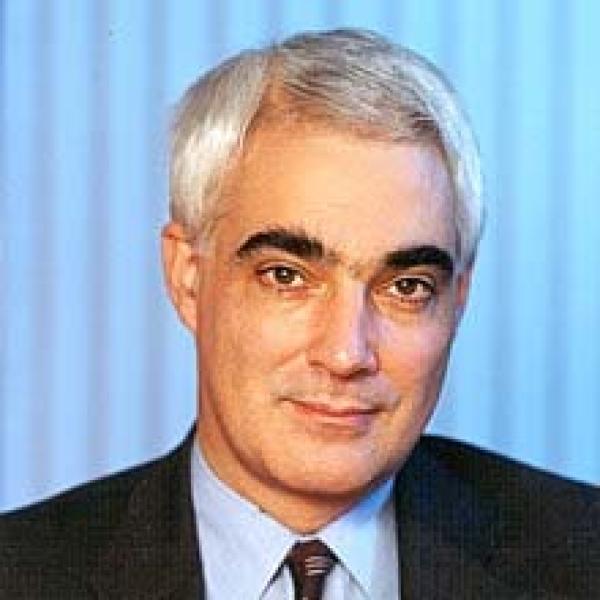The Society for Labor Economics said, "from his earliest published papers Richard’s work has been focused on using economic theory and econometric methods to model and understand individual choices, and help inform policy making on issues such as taxation, pensions, training programs, and innovation policy. His work has provided an integrated treatment of consumption and employment decisions to estimate labor supply elasticities, to analyze the effects of tax reforms, and to help explain the divergence between income and consumption inequality.
Richard has also made many fundamental contributions to econometric methodology, including the development of new methods to address endogeneity in censored and limited dependent variable settings, and for estimating dynamic panel data models. In a series of innovative papers spanning over 40 years, Richard has investigated the joint behavior of consumption and labor supply, and emphasized to the profession the insights that can only be gained by examining the two together.
Throughout his career Richard has also focused on the important role that careful economic modeling, combined with cutting edge econometric methods, can play in the analysis of labor market policies such as training and welfare to work programs.
In light of Richard’s long series of important contributions to the theory and practice of applied economics, his generous support and mentoring of young economists, his key roles in the profession and on numerous advisory boards and commissions, he is an outstanding and truly worthy recipient of the Jacob Mincer Award."








